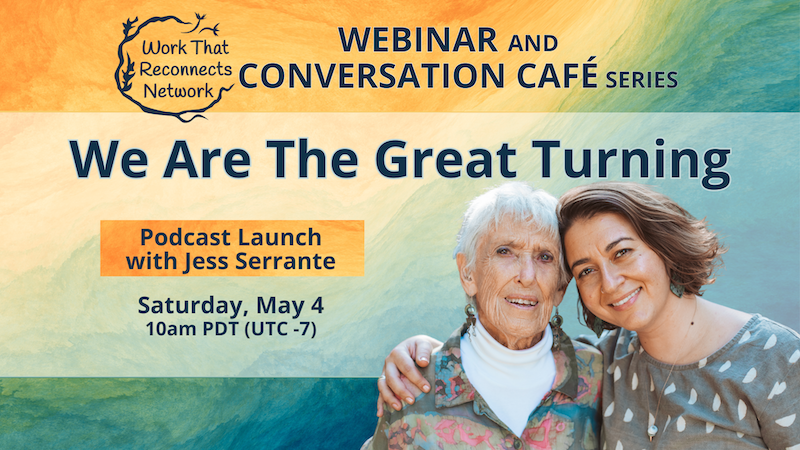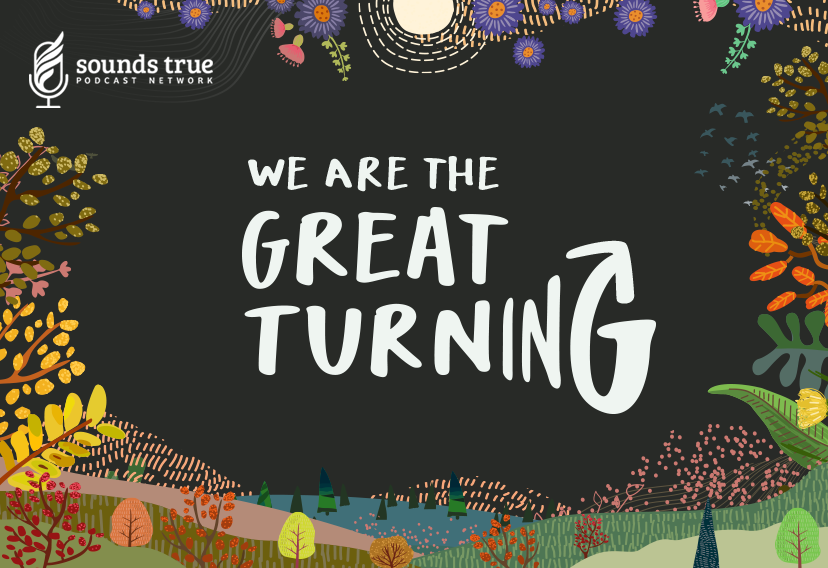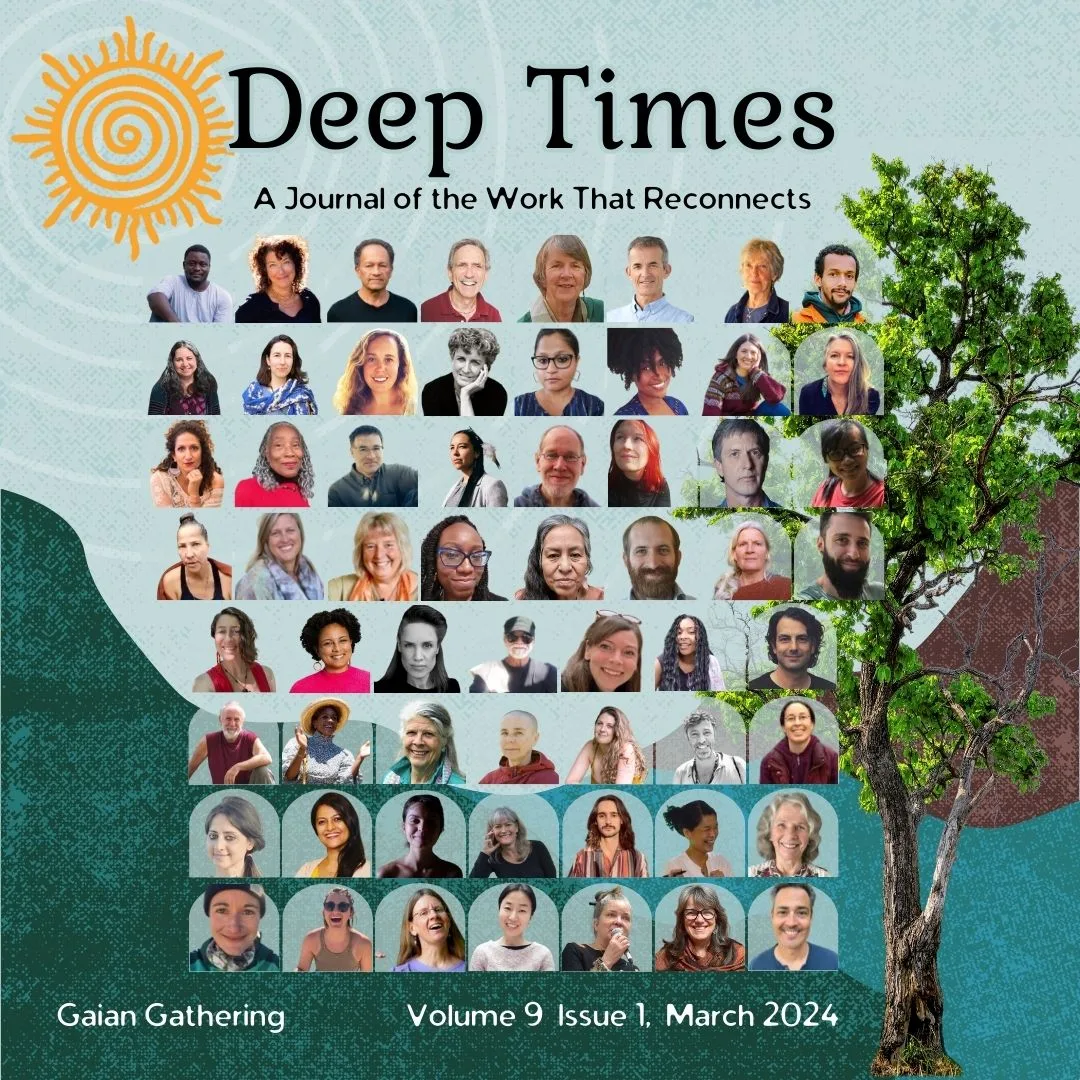- Academic Research
- Honoring Our Pain
- Parents
- Teachers

Holding Space for Emotional Processing When Youth Study the Climate Crisis
By Jennifer Chesnut
Thesis Submitted to the Department of Education in Partial Fulfillment of the Requirements for the Degree of Master of Education in Sustainability, Creativity and Innovation
Abstract
Youth around the world are burdened by the climate crisis, whether or not they have been personally impacted, with many feeling afraid for their future (Hickman et al., 2021). Their eco-anxiety and grief can be further complicated by the silence of the adult world (Hickman, 2020). This thesis aims to investigate how education systems might help youth cope, despite the complexity involved in teaching this topic. While climate change is vital to understand, the accompanying emotional responses are often painful. This inquiry examines how secondary and post-secondary education might deal with the difficult feelings by exploring practices for emotional processing in classroom spaces. Semi-structured interviews were conducted with facilitators from the Work That Reconnects and Plum Village, networks that specialize in helping groups face and move through painful eco-emotions together, with each participant taking part in 90 minutes of interviews.
Using reflexive thematic analysis, three benefits from emotional processing in climate education are suggested: increased sense of community, connection to the Earth, and the ability to tune into evolutionary intelligence. However, education systems should be aware that discussing the climate crisis can be overwhelming for students and educators. Alongside emotional processing, a trauma-informed approach is advised. While teaching about what to do with painful feelings is not common in western education, with increased professional development and proper supports put in place, education systems can provide more secure spaces for youth to learn about climate change and cope with their feelings.









